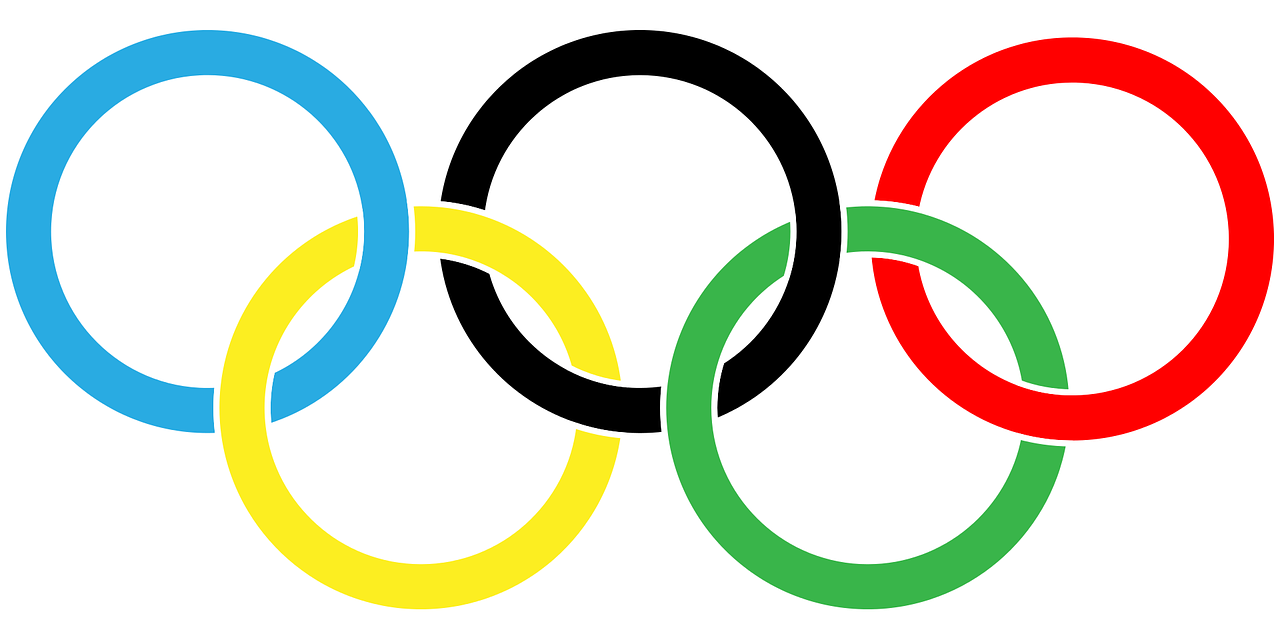Mikaela Shiffrin’s results at the Beijing Olympics were not what we were all hoping for (least of all Mikaela herself!). At the same time, I have no doubt that, after some sadness and soul searching, she will be back stronger, better, and faster than ever. It’s easy in these situations to analyze, evaluate, and critique what went wrong with Mikaela’s Olympics, but only she can do that because only she knows what has been going on in her heart, mind, body, and life.
But, having worked with many athletes and people who have suffered similar or even worse disappointments in their athletic and personal lives, what Mikaela needs more than anything is our support and encouragement. Instead of dwelling on the disappointment of the Olympics, I want to celebrate Mikaela the ski racer and Mikaela the person and describe the many gifts that she has given the ski racing community over the last ten years. In both victory and defeat, she deserves our respect, appreciation, and admiration.
Passion
Mikaela has shown the passion, commitment, and drive necessary to become the best ski racer she can be (and one of the greatest in history). Clearly, not everyone can reach the heights that she has in our sport, but that’s not the point, in my view. Not everyone has the innate talent, family support, or opportunities to achieve true greatness. At the same time, we can all use the talents, efforts, and opportunities we are born with and are given to achieve our own personal greatness and experience the same meaning, satisfaction, and joy that the world’s best experience. The point is that, however far we make it, we can look back with immense pride and no regrets for having gone as far as we can go in our ski racing journey and then apply those experiences and lessons learned to the pursuit of our own personal greatness in another avenue of life (as I did with my career).
Raising the Bar
After being truly dominant for the first several years of her career (particularly in slalom), Mikaela’s competitors have been coming back to her in recent years. I’ve heard some people wonder whether she has “lost it.” But, in my view, Mikaela hasn’t lost anything; she’s still a preternaturally fast ski racer. Rather, her competition, including Vhlova, Hecter, and Liensberger, to name a few, have stepped up to the challenge that Mikaela has presented to them. Her efforts and results have motivated her competitors to work harder and find any and all means to close the gap that Mikaela had created early in her ski racing career. Ironically, without realizing it and perhaps to her detriment, she has made her competitors better ski racers and made them more competitive.
Inspiration
I work with a lot of young ski racers and when I ask them which World Cup ski racer inspires them most, they almost unanimously say Mikaela. Her efforts, successes, and setbacks motivate so many ski racers to strive mightily to be their best in our sport. Mikaela is a wonderful role model who emulates the values, attitudes, and actions that can lead to participation in our sport that will provide immense meaning, fulfillment, and joy.
Humility and Grace
Mikaela has certainly achieved an inordinate amount of success in her now-long ski racing career. Yet what I have appreciated most about her accomplishments is not only the quantity of races she has won, but also the humility that she holds in victory. Mikaela is a kind and respectful victor. Equally powerful for me is the grace she expresses in defeat. Mikaela is always congratulatory of those who bested her. She also always takes responsibility for her “failures” (in quotes because some people think everything that doesn’t involve winning is a failure) and never makes excuses.
Superhuman and Human
Mikaela has been under the spotlight since before she won her first World Cup race as a 16 year old. With these successes so early and so often has come the burden of expectations from her fans, the media, and, in all likelihood, herself. Over the years, Mikaela has demonstrated superhuman strength in bearing the weight of those expectations (e.g., her slalom victory in Sochi in 2014). At the same time, I have also appreciated the humanity Mikaela has demonstrated in those times when that weight was simply too heavy for her to lift (e.g., the Olympic slalom in Pyeongchang in 2018 and her results in Beijing). It is those moments when we need to be reminded that, as a coach once said to me, “Mikaela puts her speed suit on one leg at a time, just like the rest of us mortals.” And it is in those moments when we see what makes her a true champion regardless of her result.
Self-care and Resilience
Mikaela’s humanity was tested mightily when her father, Jeff, unexpectedly died in an accident in 2020. In the face of the most personal of tragedies, Mikaela demonstrated essential self-care (something that more and more professional athletes are learning to do these days) in prioritizing her mental health over World Cup points, by taking time away from the World Cup circuit, seeking out love and support from her family and friends, and allowing herself to grieve. Mikaela then demonstrated admirable resilience in then making a successful return to racing. It is moments like these that put ski racing in perspective and remind us of what other parts of life are far more important.
Finally, a shout-out to Mikaela’s mother, Eileen, and to her late father, Jeff, for not only developing a remarkable athlete, but also, much more importantly, raising an exceptional human being.




